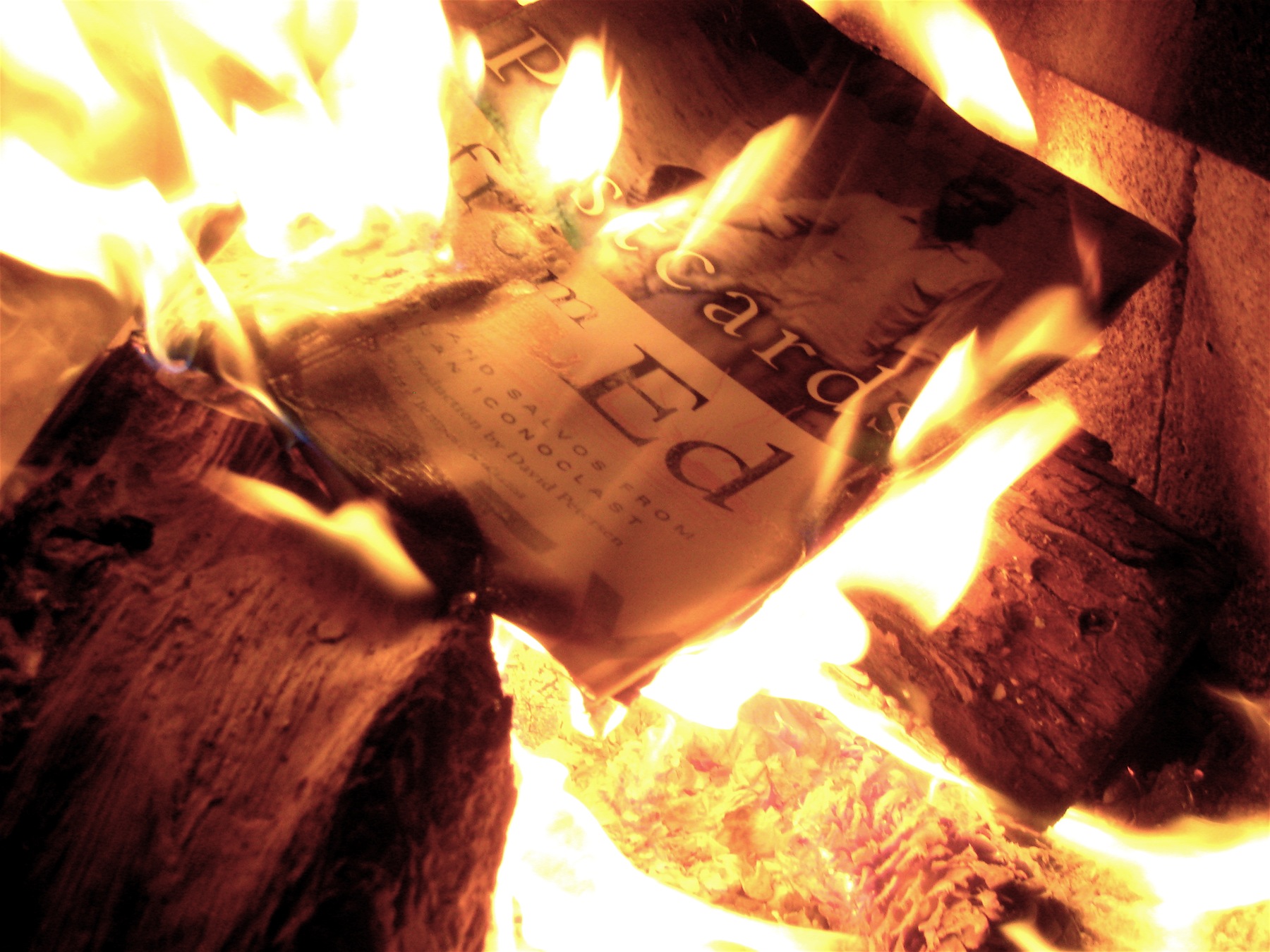The Western Cape Archives and Records Service is in the middle of Cape Town. It contains public and non-public records considered to be of enduring relevance to the history of the Western Cape and its inhabitants, dating as far back as 1651. In total, its holdings comprise about 40 000 linear metres’ worth of archival material, including records from government departments, schools, hospitals, photographic collections, registries from the Slave Office, microfilms, and maps. The holdings are mostly kept underground, in rooms so dusty I sneeze just thinking about them. The reading room is cool and dark, and lined with photograph albums featuring old pictures of dirt roads and orphanages and migrant labourers. Photographs of farming equipment and police parades. Photographs of harbours and crowds at funerals. You can look at these pictures while you wait for the unbelievably kind and accommodating staff to bring you the documents you requested.
For a typical visitor to the archive, these documents are usually ones that will assist you in the construction of your family tree, or with a request for the restoration of a right in land. Most people do not spend all that much time there, even though it is nice and cool and dark, and you can look at as many pictures of dirt roads as you want. I spent four years in there, and I did not see a lot of repeat customers. I was there because I was writing a thesis on the records left behind by the apartheid censors. The records that I spent the most time with begin in about 1955, and end in 1970, a period during which the apartheid censors banned about 11 000 books. This is obviously a rough estimate, because the censorship bureaucracy was complicated and baroque and insane, and there is a lot of paper to get through. In total, records relating to the activities of the apartheid censors make up just over a hundred linear metres’ worth of documents. That is, needless to say, too many documents. An intolerable amount, and as anyone who has spent any time with documents relating to the activities of any apartheid bureaucracy will tell you, that number represents a fraction of what was actually produced. There are years missing, and mysterious gaps. The gaps and absences in the censorship archive are nothing compared to the gaps and absences in the police archives, prison archives, and all the other technologies of state terror which made apartheid possible. Before South Africa’s transition to democracy, the state destroyed or suppressed literal tons of documents, for all the very obvious reasons, and we all continue to live with the consequences of that.
But some stuff is still there, and I spent four years trying to write about it. I succeeded in that at the end of those four years, I spat out a thesis and everyone I knew was relieved that they no longer had look at the wild-eyed version of myself that I presented to the public throughout that period. I failed, although that is maybe not the right word, in that I feel like I didn’t do it justice properly. Not because I didn’t get through all of it – obviously I did not, and obviously I had to point out, repeatedly, that the history I was writing was partial and selective. That’s fine. That is the stuff that people talk about for fun in seminars. I failed, although there definitely is a better word, because I never managed to get properly close to communicating how breathtakingly weird these all these documents were.
I get all agitated thinking about it even now. There was so much stuff in there, and all of it was bottom-line evil, but a lot of it was so fucking strange as well. It was completely off the wall. You think of censors’ reports as having a sort of dry, box-ticking quality. That’s how I had always thought of them. I cannot speak with authority on the quality of any other censorship archives, but I can say for sure that the apartheid ones are whatever the opposite of dry and box-ticking is. They are DERANGED. For instance, the legislation required that, when the censors were banning a book, they gave a reason for doing so. They didn’t even have to write out the reason in words. They could just say what part of the Publications and Entertainment Act it corresponded to. They could just write out the word “subversive”, and that would have been that in fulfilling official requirements. The legislation certainly did not at any point require them to write four or five page long summaries of detective novels, or of issues of Ladies Home Companion. Four pages worrying about the literary merit of a novel about a werewolf? Yes! Why not! They did not need to do it and yet! They did not need to conduct long, pointless, overtly petty arguments about whether or not Henry Miller was “a writer of the first rank.”They did not need to any of this, but they did, for 100 linear metres, and the effect is bewildering. I walked out of there every day feeling dusty and insane.
The thing with dealing with this sort of material is that if you point out how bizarre it is, it seems like you’re making light of it in some way. It seems so low down on the list of priorities that it’s almost bad form to mention it. It seems like you’re downplaying the extent of the damage that was done. This has been my experience, anyway. It seems like it is harder to accept that the whole disgusting enterprise was run by people who were insane as well as evil. It seems like this observation might apply to a whole lot of places and people and situations and things.






